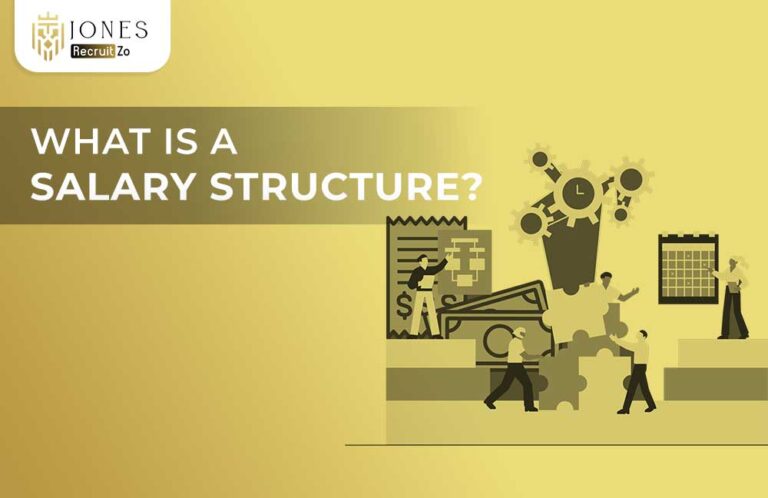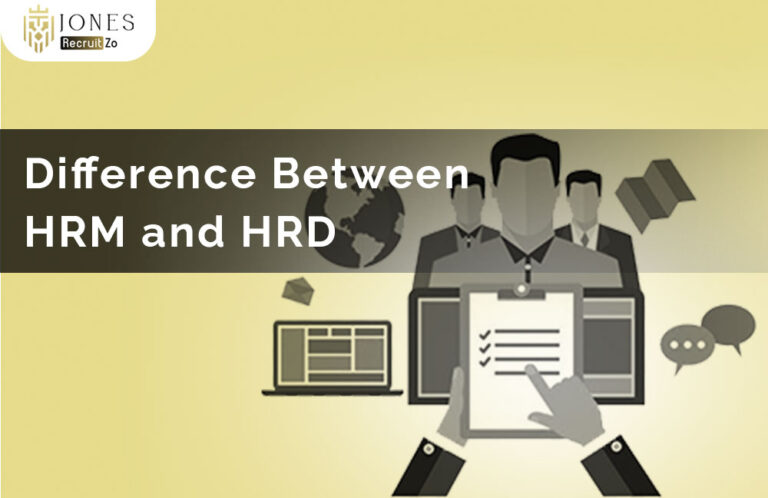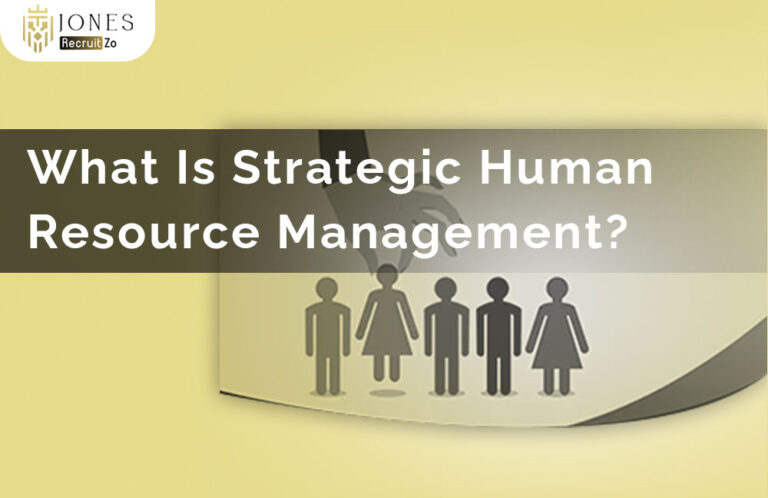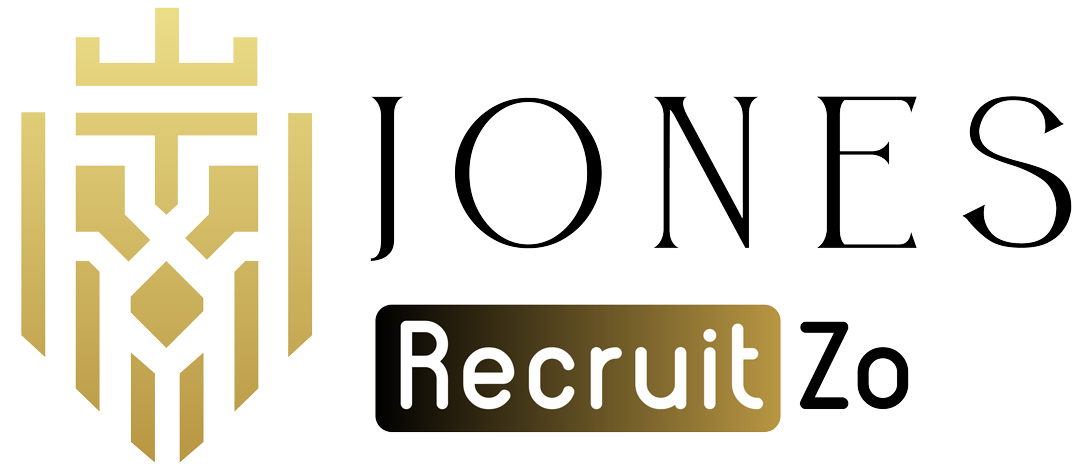What is Employee Tenure?
Employee tenure truly means the duration that an individual has stayed at an enterprise as an employee. It is usually measured by years and punctuates significant information concerning workforce stability, loyalty, and organisational health.
Come an employee with a longer tenure, especially when said to include the setting of higher engagement, fair management practices, and a better working environment. From the standpoint of an employer, well-tenured employees need less supervision, so they contribute heavily to institutional knowledge and productivity.
What is a Tenured Employee?
A tenured employee is one who has worked for a company over a long period and is generally considered a steady, committed, and experienced member of the workforce. The company processes, culture, and expectations are well known to these employees.
These employees are usually accorded some form of privilege, trust, or responsibility because of what their sustained contribution and institutional knowledge have earned them. They stay around to mentor and instil consistency across teams.
Why is Employee Tenure Important?

A stable workforce offers multiple strategic advantages to any organisation. Below are several reasons why employee tenure matters to employers.
-
Helps with Workforce Planning
The longer the tenure of an employee in an organisation, the easier it is for the organisation to forecast staffing requirements and succession planning. The HR department creates training and promotion programs based on the long-term employee forecasts.
-
Indicator of Employee Satisfaction
On the other hand, retention for a long period indirectly displays a higher degree of job satisfaction and engagement for a job. This situation arises when employees themselves feel that they are being recognised and treated with respect; hence, they are motivated to be engaged. They feel supported in their current work.
-
Knowledge Retention
Such knowledge could not easily be acquired and replaced for those with less tenure in an organisation. Retaining such experienced employees reduces the induction time of new employees and averts the loss of crucial parts of institutional memory.
-
Increased Productivity
More experienced employees are usually more productive and efficient in what they do. This, accompanied by the consideration that experienced employees need less supervision, will consequently improve productivity since experienced employees can perform superior duties of a task within a short time.
How Can Companies Improve Employee Tenure?

Improving tenure involves creating an environment where employees feel valued and have reasons to stay long-term. Here are strategies that companies can implement to build a loyal workforce.
-
Creating a Positive Work Culture
An environment with respect, inclusiveness, and a motivating culture makes employees desire to stay there for some time. People like to come to work if they feel psychologically safe, and they build a career with the same organisation.
-
Offering Career Development
The best retention strategy revolves around offering an opportunity for career development to employees. Train the employees, mentor them, allow internal mobility, and bring them to envision themselves in this company in the long term.
-
Providing Competitive Compensation
Employees tend to remain longer with an employer when such an employer pays them fairly for their skills and contributions. Regular reviews of salary and employee benefits are important to sustaining competitiveness with the job market.
-
Recognise Employees
Recognition and rewards contribute to morale elevation and increased loyalty. Even gift cards or shoutouts during meetings go a long way toward increasing retention.
-
Encouraging Open Communication
When employees feel heard and understood, their frustration level decreases and disengagement is avoided. Open channels of communication, one-on-one meetings, or feedback sessions would treat concerns prior to their development into resignation.
How to Calculate Average Employee Tenure?
Calculating average employee tenure will help a company realise how long the workforce generally stays with them and whether the retention activities are successful or not.
If you want to know this,
- Average Employee Tenure = (Sum of Tenure of All Employees) / (Total Number of Employees)
So, an average employee tenure becomes 50 years of service shared by 10 employees-who have been with an organisation for shorter or longer durations-equal to 5 years.
Tracking this number over time might reveal the trend and pinpoint areas of employee engagement and retention needing improvement.
FAQs
1) What is employee tenure?
Employee tenure is the measure of the period an employee continues with a company, who might be measured usually in years.
2) What is a Tenured Employee?
A tenured employee is one who has been with (an organization) for a long period while often performing at least some level of work that maintains independent consistency, productivity, and knowledge.
3) How Can Companies Improve Employee Tenure?
Companies can improve tenure through a good culture, career advancement, fair remuneration, and the recognition of employee contribution.
4) How to Calculate Average Employee Tenure?
Adding together all years of service for current employees and dividing by the number of employees will give you the average employee tenure.















